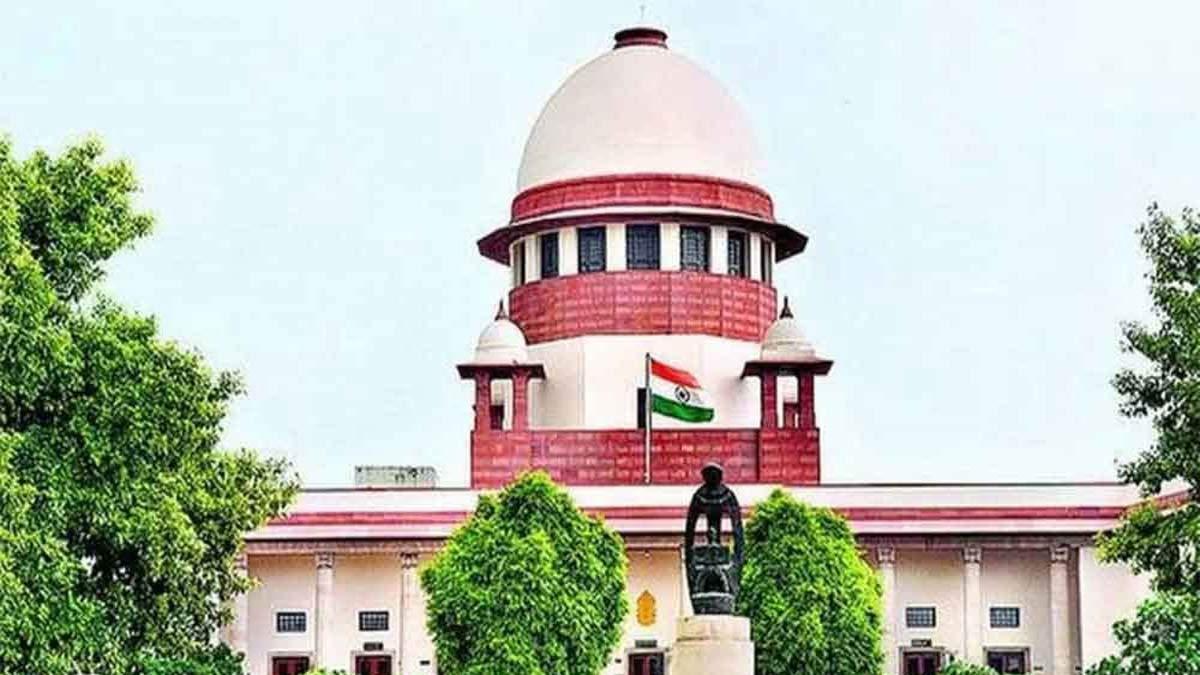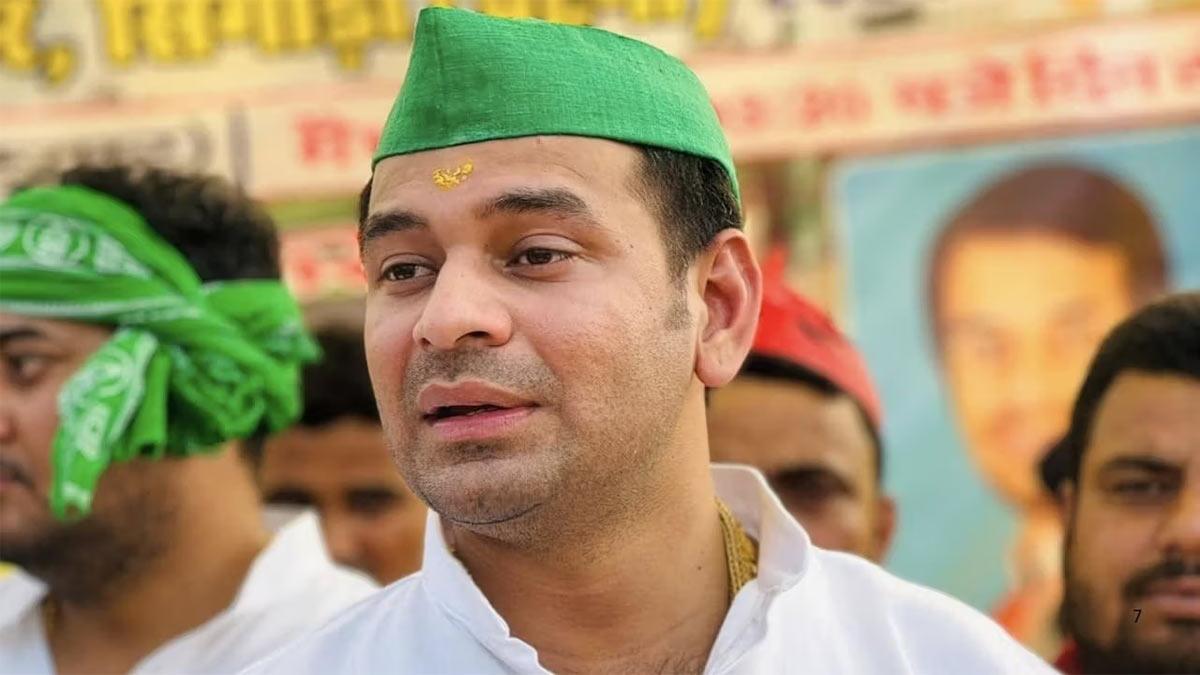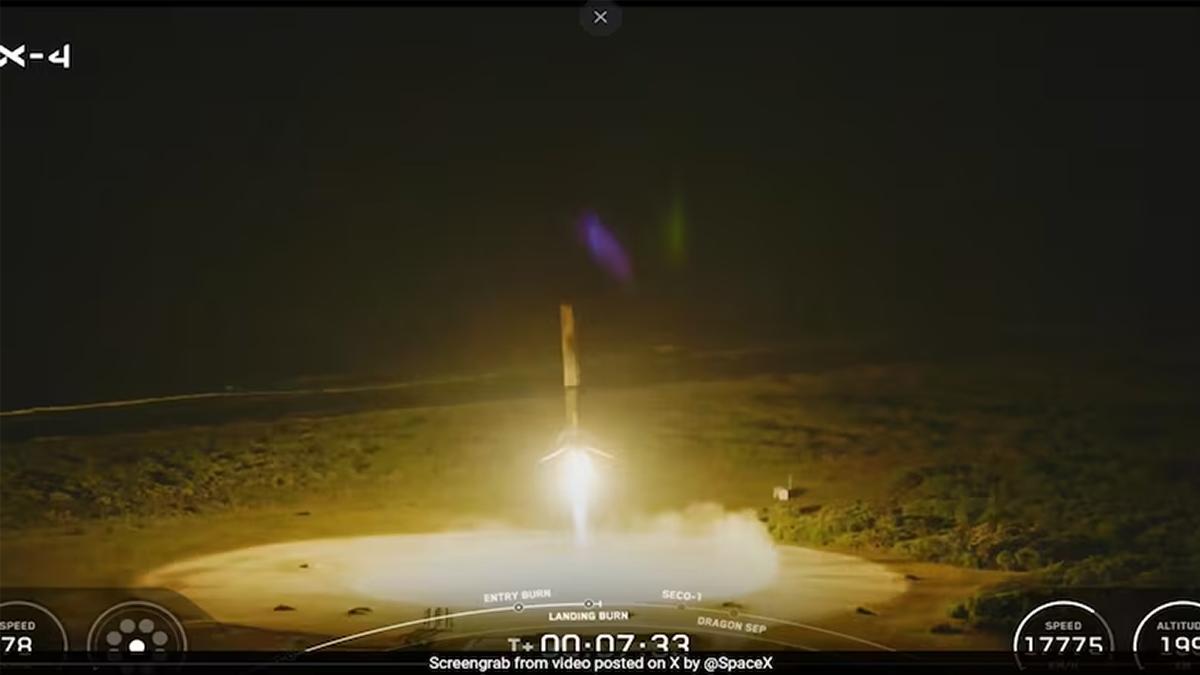In a majority 7:2 ruling, the Supreme Court on Tuesday ruled that states are not authorized under the Constitution to assume control over all privately owned resources for distribution to benefit the "common good".
A nine-judge bench headed by Chief Justice DY Chandrachud, however, said states can lay claim over private properties in certain cases.
Overruled the judgment of Justice Krishna Iyer who held all the resources that were privately owned could be taken over by the State and that could be distributed by it in exercise of power vested by Article 39(b) of the Constitution.
The CJI wrote for himself and six other judges on the bench, which decided the vexed legal question on whether private properties can be considered "material resources of the community" under Article 39(b) and taken over by State authorities for distribution to subserve the "common good."
It overruled several verdicts that had adopted the socialist theme and ruled that states can take over all private properties for common good.
Justice BV Nagarathna partially dissented with the majority judgement written by the CJI, and Justice Sudhanshu Dhulia has made a dissent on all counts.
The judgments are being pronounced.
It had, way back in 1980 in the Minerva Mills case, declared two provisions of the 42nd Amendment, that no constitutional amendment could be "called in question in any court on any ground" and which gave the Directive Principles of State Policy precedence over individual fundamental rights, as unconstitutional.
Article 31C protects a law made under Articles 39(b) and (c), authorizing the State to assume control over material resources of the community, including even private properties, for their distribution to subserve the common good.
The Supreme Court had admitted 16 petitions, and the lead petition was filed by the Property Owners' Association (POA) based in Mumbai in 1992.
The POA has objected to Chapter VIII-A of the Maharashtra Housing and Area Development Authority (MHADA) Act. Added in 1986, the chapter enables State authorities to take over cessed buildings and the land on which those are constructed if 70 percent of the occupants seek such a measure for the purpose of restoration.
The MHADA Act was enacted in pursuance of Article 39 (b), which falls under the Directive Principles of State Policy and makes obligatory the creation of a policy toward securing "that the ownership and control of the material resources of the community are so distributed as best to subserve the common good."
Read also| J&K LG Vows 'Terrorists Will Pay a Heavy Price' Following 'Sunday Market' Attack
Read also| Top LeT Commander Usman Bhai Killed in Srinagar Gunfight; Four Security Personnel Injured


















